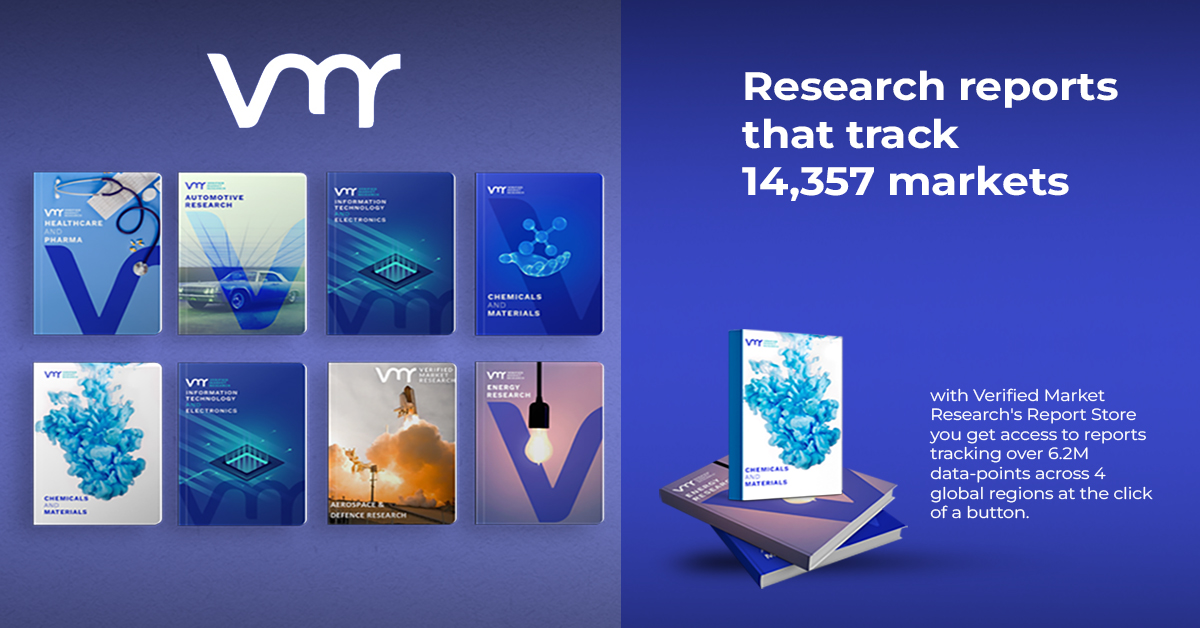“Privacy Management Software Market 2024: Innovations, Challenges, and Emerging Trends”
The privacy management software (PMS) market has seen accelerated growth and innovation in recent years, driven by rising regulatory demands, the increasing digitalization of businesses, and the need for robust data protection solutions. This article delves into the latest developments shaping the privacy management software landscape, exploring market trends, emerging technologies, regulatory influences, and future projections.
1. The Expanding Scope of Privacy Regulations Worldwide
Privacy regulations continue to be a driving force in the privacy management software market, with new and evolving rules impacting software design and features. The enactment of data privacy laws like GDPR in Europe, CCPA and CPRA in the United States, and new regulatory frameworks in the Asia-Pacific region have led businesses to prioritize privacy compliance. The European Union’s Network and Information Security Directive 2 (NISD2) exemplifies the increasing scope of privacy laws; scheduled for full enforcement in October 2024, it mandates stricter cybersecurity requirements for businesses across sectors. In the United States, the privacy landscape has been rapidly evolving, with over 20 states enacting their own privacy laws, creating a more fragmented regulatory environment.
2. Growing Importance of AI and Machine Learning in Privacy Solutions
Leading PMS providers, such as OneTrust and BigID, are increasingly integrating artificial intelligence (AI) and machine learning (ML) into their offerings to enhance data discovery, categorization, and risk assessment. For instance, OneTrust’s recent AI-driven features enable automatic classification of unstructured data, enhancing compliance and governance by identifying data privacy risks in real-time. BigID has also innovated in this space, collaborating with Thales to provide an integrated solution for data encryption and anonymization, which is crucial for organizations handling sensitive customer data.
3. Privacy Management Solutions for Specific Sectors
Privacy management software is tailored increasingly to specific industries, each with unique data protection challenges. Key sectors such as healthcare, banking, finance, and government are adopting privacy solutions to safeguard sensitive data. In banking, for example, the demand for PMS solutions is soaring due to the surge in digital transactions and regulatory requirements like the Health Insurance Portability and Accountability Act (HIPAA) for healthcare data. Privacy solutions are also being deployed more widely in government and defense sectors as cybersecurity threats increase, requiring robust, sector-specific privacy solutions.
4. Data Privacy as a Key Element of Consumer Trust
As businesses strive to build trust with consumers, data privacy has become essential to brand reputation. With consumers becoming more privacy-conscious, many companies are adopting “privacy by design” methodologies in their operations. For example, OneTrust offers tools that help organizations establish transparent, privacy-centric practices from the start, fostering long-term customer loyalty. This trend is also reflected in a broader adoption of Privacy UX, which seeks to make privacy settings more user-friendly and accessible, enhancing consumer trust by providing clear choices regarding data sharing.
5. Enhanced Collaboration Among Key Market Players
The competitive landscape of the PMS market remains dynamic, with collaborations between leading software providers and cybersecurity firms. Such alliances enable PMS vendors to offer end-to-end solutions for data protection. Companies like BigID and Thales, for example, combine data intelligence with encryption technologies to enhance data privacy comprehensively. These collaborations allow businesses to address complex privacy requirements more effectively and streamline compliance with evolving regulations.
6. The Rise of Privacy Automation and Efficiency Tools
Privacy automation tools are gaining traction in the market, addressing the need for efficient data privacy management amidst complex regulatory requirements. Tools that automate repetitive compliance tasks, such as risk assessments, breach reporting, and data subject request management, are becoming indispensable, especially for organizations with limited resources to manage these tasks manually. These automation tools not only save time but also improve accuracy and consistency, which are critical for regulatory compliance and avoiding costly data breaches.
7. Challenges in Global Privacy Compliance
While the PMS market has made significant advancements, challenges remain, particularly in terms of global compliance. The uneven adoption of privacy regulations across different regions complicates compliance for multinational companies. In many instances, organizations must navigate conflicting or overlapping requirements, as data protection standards in Europe, North America, and Asia differ widely. This complexity is compounded by the lack of an international privacy standard, though some experts believe that harmonization could be on the horizon.
8. Future Trends and Opportunities
The PMS market is poised for significant growth over the next few years, with emerging trends expected to shape the future landscape:
- Unified Privacy and Security Solutions: Integration of privacy and cybersecurity is increasingly sought after, as businesses look for comprehensive solutions to manage both data privacy and security within one platform.
- Data Privacy for IoT and Smart Devices: With the growth of the Internet of Things (IoT), privacy management software must adapt to secure and manage the data generated by connected devices, especially given the limited regulatory guidance specific to IoT data privacy.
- Focus on Data Minimization and Retention Policies: Future privacy regulations may emphasize data minimization, urging companies to collect only necessary data and enforce stringent data retention policies. This is expected to drive demand for PMS features that can automate data minimization and monitor data storage practices.
The privacy management software market continues to evolve, driven by an increasingly complex regulatory landscape and the ongoing need for robust data privacy solutions across industries. The integration of AI and automation within privacy management solutions, sector-specific compliance features, and a growing emphasis on consumer trust highlight the adaptability of PMS providers in addressing these evolving requirements. As more companies adopt privacy management software, the market is expected to see significant growth, with new opportunities emerging for innovation and enhanced global compliance.
Overall, the future of the privacy management software market looks promising, with innovations and regulations setting the stage for robust data protection frameworks across sectors and regions. This growth is projected to benefit organizations, regulators, and consumers alike, fostering a secure, privacy-conscious digital ecosystem worldwide.









